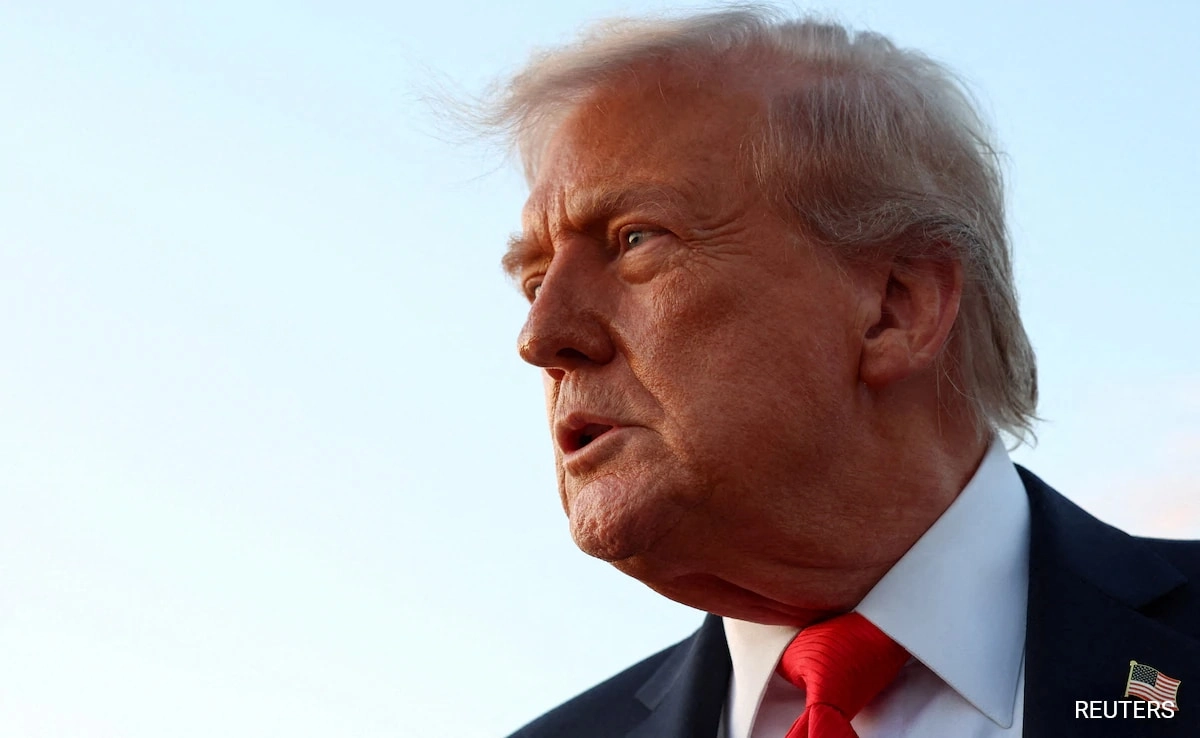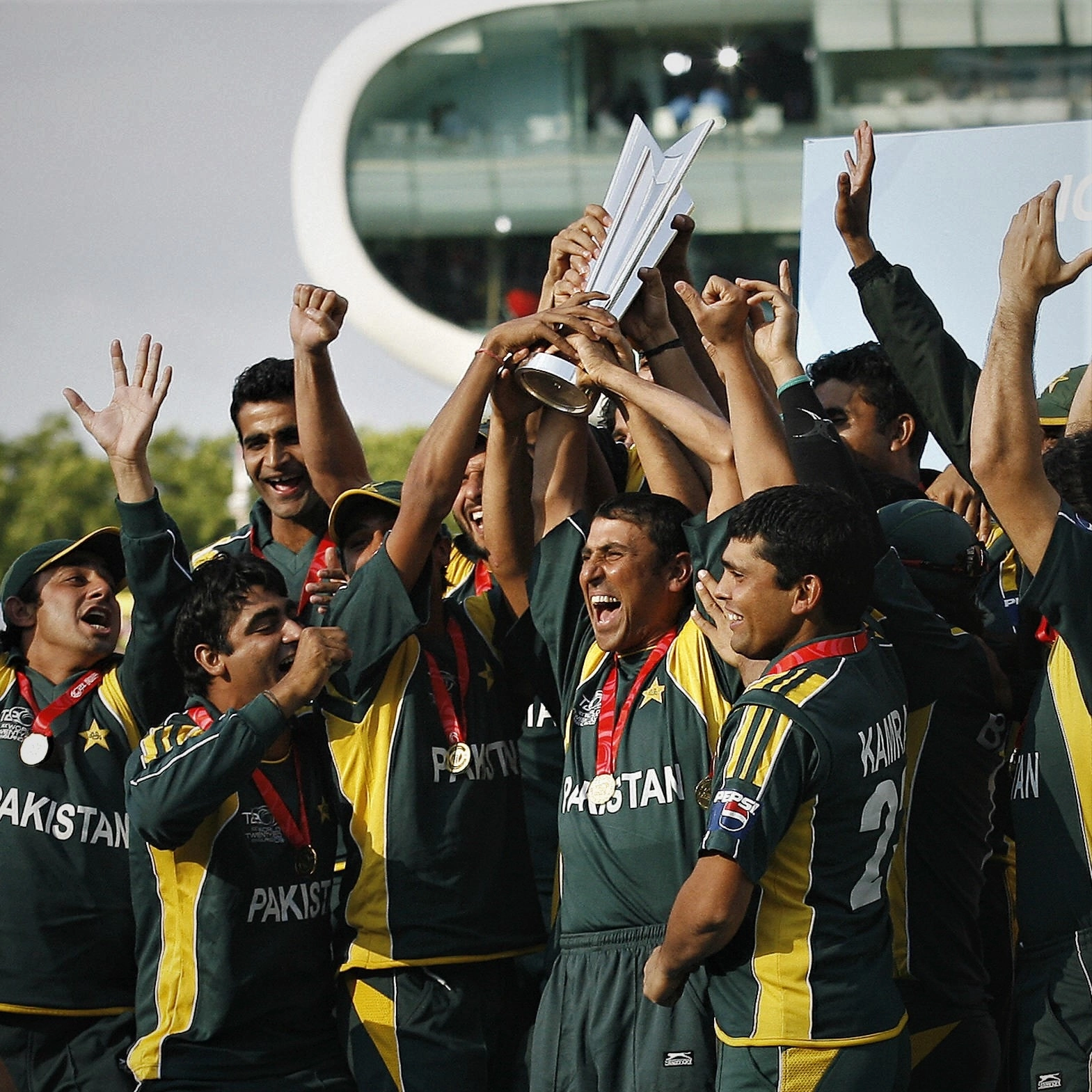In a significant political move, former President Donald Trump has designated the group Antifa as a “terror organization.” This announcement comes just days after the tragic murder of conservative activist Charlie Kirk, who was known for his vocal support of right-wing ideologies and his advocacy for youth engagement in politics. Kirk’s untimely death has sent shockwaves through conservative circles and reignited debates over political violence and the role of extremist groups in contemporary society.
Trump’s designation of Antifa as a terrorist organization is part of a broader narrative that he has been promoting, which frames left-wing groups as increasingly dangerous and responsible for escalating violence in the political landscape. This move has been met with mixed reactions; supporters of the former president argue that it acknowledges the real threats posed by organized groups that oppose conservative values, while critics contend that labeling Antifa in this manner risks inflaming tensions and further polarizing an already divided nation. The designation also raises questions about the implications for civil liberties and the potential for increased law enforcement actions against individuals associated with Antifa.
The context of this designation cannot be overlooked. The murder of Charlie Kirk has underscored the intensity of political animosities in the United States. For many on the right, Kirk was not only a political figure but also a symbol of the ongoing battle against what they perceive as leftist extremism. The circumstances surrounding his death have fueled claims that Antifa and similar groups are engaging in violent acts to silence conservative voices. In the aftermath, Trump’s rhetoric may serve to galvanize his base, rallying them around a common cause while simultaneously energizing discussions about security, law enforcement, and the protection of political discourse.
As the discourse surrounding Antifa and political violence continues to evolve, it is essential to consider the broader implications of labeling groups as terrorist organizations. The conversation must address the root causes of political violence while also examining how such designations affect public perception and policy. In a country grappling with deep-seated divisions, the actions and words of influential figures like Trump carry significant weight and can shape the trajectory of political engagement and activism for years to come.




